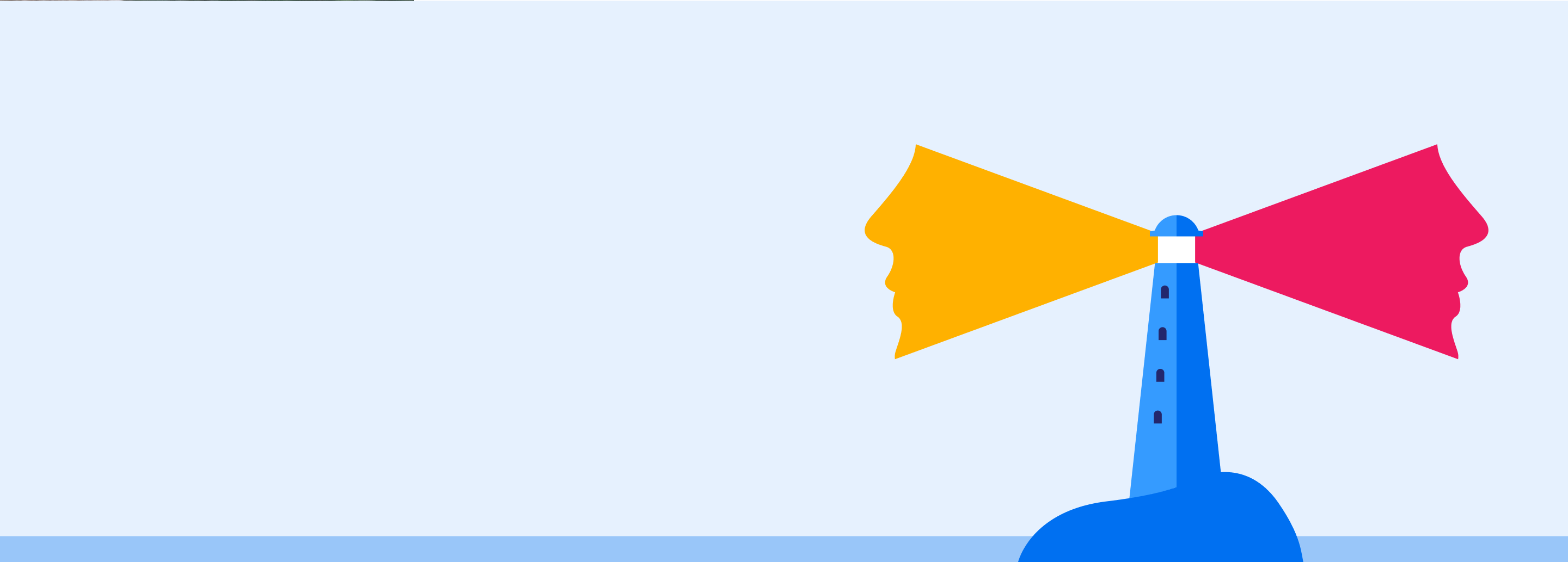More people are currently reaching out for support than usual.
A counsellor will chat with you as soon as one is available, however you may experience a longer wait, especially during our busiest times between 5pm and midnight (Melbourne time).
Talk to a counsellor
Our free telephone and online counselling service is open 24/7 for everyone in Australia.
No matter who you are, or how you're feeling, reach out to our free counselling services for support – we'll point you in the right direction so you can get the help you need.


Translation, hearing and speech services
- Call the Translating and Interpreting Service (TIS) on 13 14 50.
- Connect to the National Relay Service (internet relay) and ask for 1300 22 4636.
- Call TTY (teletypewriter) on 1800 555 677 and ask for 1300 22 4636.
Call Speak and Listen (speech-to-speech relay) on 1800 555 727 and ask for 1300 22 4636.
Reasons to talk to our counsellors
- be having a really bad day
- feel overwhelmed and not know where to start
- have diagnosed anxiety or depression
- need help to support a partner, family member or friend.

If you don’t need to talk to a counsellor right now, but you have a question about mental health resources, you can email us. We’ll reply to you within 24 hours.
For information about mental health resources and services use our Email Support Service.
For general enquiries such as fundraising and media contact the Beyond Blue office.

Our NewAccess mental health coaching program may be right for you if you’re not currently seeing a psychologist or psychiatrist.
Stressed or overwhelmed about everyday life issues? Mental health coaches give you the tools to support your mental health. This can include everyday issues like work, study, relationships, health or loneliness.

Figuring out who to see to support your mental health can be hard.
We explain what different mental health professionals do and how to find one near you.
Related information
- National mental health helplines and support groups – the Australian mental health community is here to help you
- Check your mental health – use one of our simple tools to assess your mental health. Choose the one that’s right for you and get the resources and support you may need.
- Anxiety - signs, symptoms and treatment
- Depression - signs, symptoms and treatment
- Suicide prevention – resources and information
A government agency called the Australian Commission on Safety and Quality in HealthCare wrote the Digital Mental Health Standards to help people identify high quality digital mental health services. They worked with people who use digital mental health, mental health experts and industry to make sure that accredited services pay attention to the things that keep services safe.An accredited service keeps your information private and they will ask for your feedback to make the service better. They also make sure their services are based on strong evidence.
A service gets accredited by an approved agency that has been trained to check for safety and quality issues. They check evidence to show the service meets the Digital MentalHealth Standards so you can know that the service keeps people safe. The Commission has more information on the Digital Mental Health Standards and what accreditation means.














